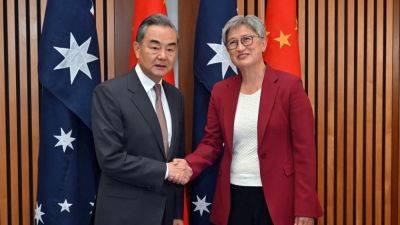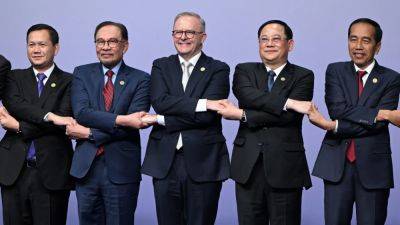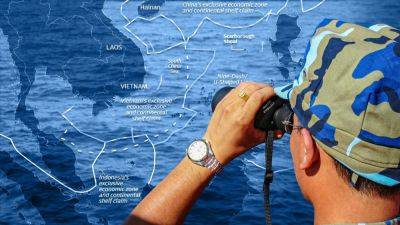Australia closing in on gender pay parity but more work needed to empower women in Asia
However, in the Asia-Pacific, Australia and New Zealand’s pay gaps are among the smallest, according to the World Economic Forum (WEF).
Generally, Asia continues to have some of the widest gender pay gaps, the International Labour Organization (ILO) has found.
Many women in the region are also likely to be unpaid family workers, according to the ILO.
Within informal work economies – of which there are plenty in Asia – an accurate gender pay gap is hard to measure, according to Elizabeth Hill, a political economy professor who co-leads the University of Sydney’s research into equal pay and the gender pay gap.
“[But] we do know that women are more likely than men to be employed in the informal economy and that wages in this part of the economy are on average much lower than those received from formal employment,” she said.
Consequently, equality in gender pay in East Asia and the Pacific had trailed other regions and progress in the region had been stagnating for over a decade, the WEF said.
“At the current rate of progress, it will take 189 years for the region to reach gender parity,” the forum said.
WEF’s latest annual review of global gender gaps last year said Pakistan, India, Japan and Myanmar were among the worst performers in the region with disparities of 35 per cent or more.
Earlier this week, Australia’s workplace gender equality agency (WGEA) published the names of about 5,000 Australian employers in the private sector and their pay data for the first time after new laws were passed last year that forced employers to provide transparency on pay.
Overall, the median total pay gap including bonuses across these employers stands at 19 per cent, just slightly lower than last year’s 19.8 per cent.
The new data also shone the







